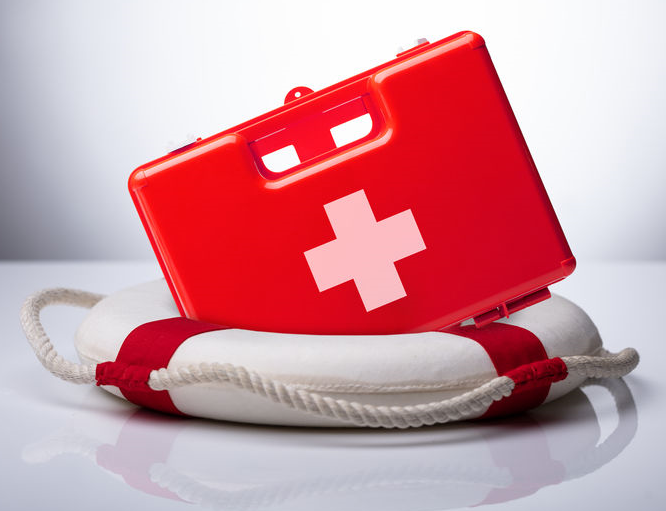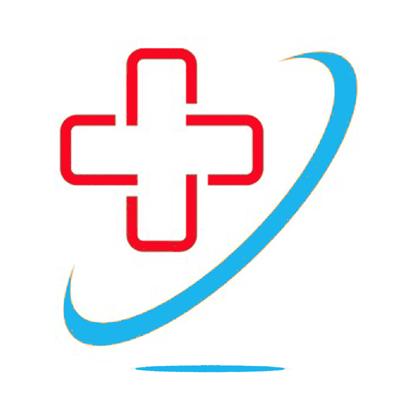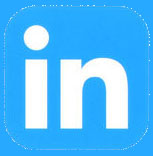The Art of Knowing When You Don’t Know – Apr 2024
 I was delighted when I watched Rebecca Coombes (Media correspondent of the BMJ) on the BBC’s Media Show – she made key, but often neglected, points.
I was delighted when I watched Rebecca Coombes (Media correspondent of the BMJ) on the BBC’s Media Show – she made key, but often neglected, points.
The context was the Cass Review which recommended a new approach for clinicians, but that contentious topic is not my area of expertise. Presenter Katie Razzal included Rebecca in discussing how science and technical healthcare journalists had failed to cover the topic. She responded from the perspective of the British Medical Journal ‘When doctors are involved it’s natural for the BMJ to get involved and we approach this from an evidence based perspective’. They looked at the evidence which was being used as guidelines by the clinicians involved. The BMJ got evidence-based specialists to opine on the quality of the evidence.
The next point is the crux of the matter: The evidence was ‘threadbare’ – the other guest used ‘virtually non-existent’. The BMJ had strong opposition from clinicians with strong opinions, but held the line ‘Just because you are a professional society it does not mean you have the appropriate skill set to appraise the evidence’. Her plea for improvements in scientific literacy amongst the groups involved (politicians, clinicians and reporters) and over reliance on anecdotal evidence or individual case studies is very important. Politicians and the media latch on to ‘cases’, but clinicians are not immune.
Our area: Emergency Medicine is a case in point. There are very few Academic Departments of Emergency Medicine. The few that there are tend to focus on trauma and intensive therapy units. The front of house activities (triage and streaming) are barely represented. Why does this matter?
The point is that clinical departments within a functional university setting have access to scientists from many different disciplines. There are usually people you can pop and see for advice and have one’s more absurd ideas challenged by people who do have the skill sets necessary. It’s not pleasant, I’ve been on the receiving end, but healthy. I don’t just mean the technical skills (important though those are) to work out whether a paper is worth the pdf-its-not-printed-on. I mean sound scientific reasoning and its role in innovation. It’s an essential supporting role and medicine needs it.
My title is a bit misleading ‘The art of knowing what you don’t know’ is not an art it’s a Science – called Epistemology. Hearing people reporting the new experiment taking place in Emergency Medicine by reference that the nurses ‘feel’ it’s a better method is hardly reassuring.
Gillie Francis – Apr 2024


